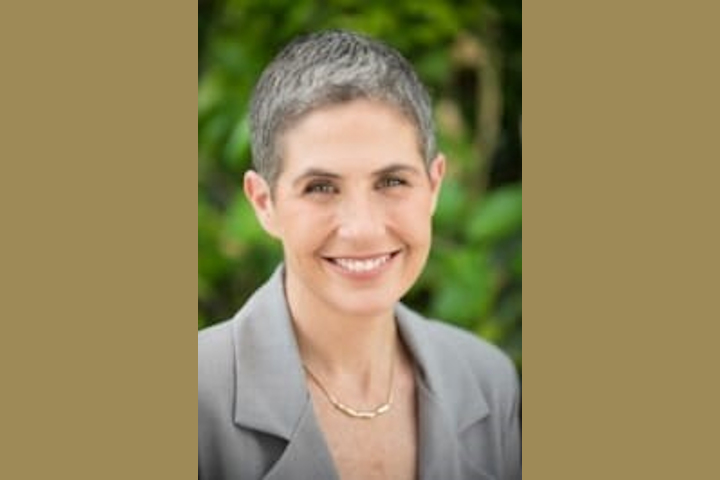At a recent European oncology conference in Berlin, new data pointed to groundbreaking therapies that could transform breast cancer care. Dr. Ayelet Shay from Rambam Health Care Campus (Rambam), explains what this means for Israeli patients.
 Dr. Ayelet Shay. Photography: Rambam HCC
Dr. Ayelet Shay. Photography: Rambam HCC
Dr. Ayelet Shay, director of the Breast Oncology Unit at the Joseph Fishman Oncology Center, highlights the latest global breakthroughs in breast cancer treatment presented at the 2025 European Society for Medical Oncology (ESMO) Conference. These new drugs—already approved in several countries—are reshaping care for women with advanced and high-risk disease and could soon be included in Israel’s national health basket.
According to Dr. Shay, the past year has seen a turning point in the management of metastatic and hormone-sensitive breast cancer. New targeted drugs such as Datroway®, Trodelvy®, and Verzenio® are extending life expectancy, improving disease control, and reducing side effects compared to traditional chemotherapy. “These treatments mark a real shift toward personalized care,” she says. “They target cancer cells directly while sparing healthy tissue. This translates into patients living longer with higher quality of life.”
Among the promising developments, Datroway has improved survival in women whose cancer stopped responding to hormonal therapy, while Trodelvy offers a major advance for those with triple-negative breast cancer. Verzenio, already available in Israel, has proven to reduce recurrence risk in early-stage, high-risk patients and is now considered a new global standard of care.
Dr. Shay also noted encouraging trial results for Giredestrant, an experimental Roche therapy that could help patients whose tumors developed resistance to existing hormonal treatments.
“These innovative drugs represent a new era of precision medicine in oncology,” emphasizes Dr. Shay. “However, to make them accessible to all patients, Israel’s health budget must expand to keep pace with the rapid progress seen worldwide.”
Based on an article that first appeared on Ynet.

